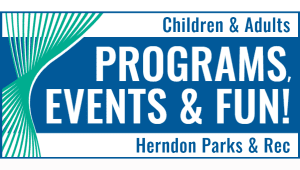By Fairfax Neonatal Associates
Interrupted sleep or insufficient sleep can lead to decreased daytime performance, mood and behavior problems, and neurocognitive effects, including poor learning. Sometimes it is difficult to know if your child’s daytime problems are caused by sleep disruption. Sleep apnea occurs in 1-5% of children but frequently has a delayed diagnosis. Keep reading for a few symptoms that can be a red flag.
Does your child have risk factors for sleep apnea? Symptoms to look for include:
SNORING
Children who snore are at high risk for obstructive sleep apnea (pauses in breathing or decreased air movement during sleep). Obstructive sleep apnea is associated with learning and behavior problems, low oxygen levels in the blood, obesity, poor growth, high blood pressure, heart problems, and diabetes.
• Loud snoring most nights and mouth breathing/waking up with a dry mouth or sore throat can suggest airflow limitation.
• Morning headaches are a symptom that often needs further investigation.
RESTLESS SLEEP
Healthy sleepers move some during sleep, but tangled bedclothes, hanging out of bed, or frequent movements during sleep are not normal. They may be caused by obstructive sleep apnea, excessive leg movements during sleep, or another sleep disorder.
FREQUENT BEDWETTING
Bedwetting by a child who used to be dry at night, or in an older child or teenager, can be a sign of obstructive sleep apnea, especially if the child snores.
ADHD
20-40% of children with ADHD may have an underlying sleep disorder, which accounts for most of their symptoms. Fragmented sleep or insufficient sleep for any reason can increase hyperactivity and inattention.
BEHAVIOR OR MOOD PROBLEMS, LOW OR FALLING SCHOOL GRADES
Inadequate, fragmented, or poor quality sleep can contribute to or cause behavior or mood disorders and cause difficulty with concentration and learning. Depression can be a sign of a sleep disorder.
SLEEPINESS DURING THE DAY
Most children seem alert even when they are sleep-deprived. A sleepy child isn’t normal and should be evaluated.
ADDITIONAL SYMPTOMS
Trouble falling asleep, trouble staying asleep, difficulty sleeping through the night, or early morning awakening.












